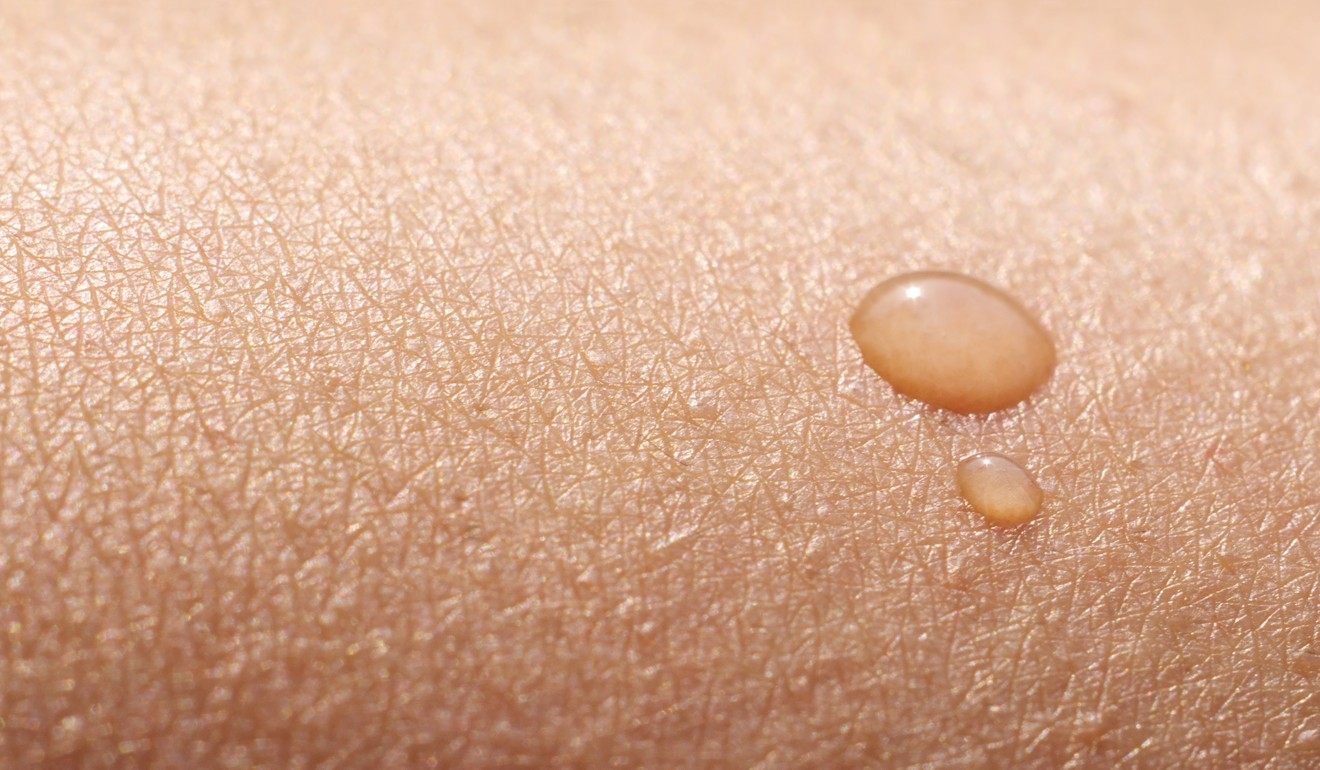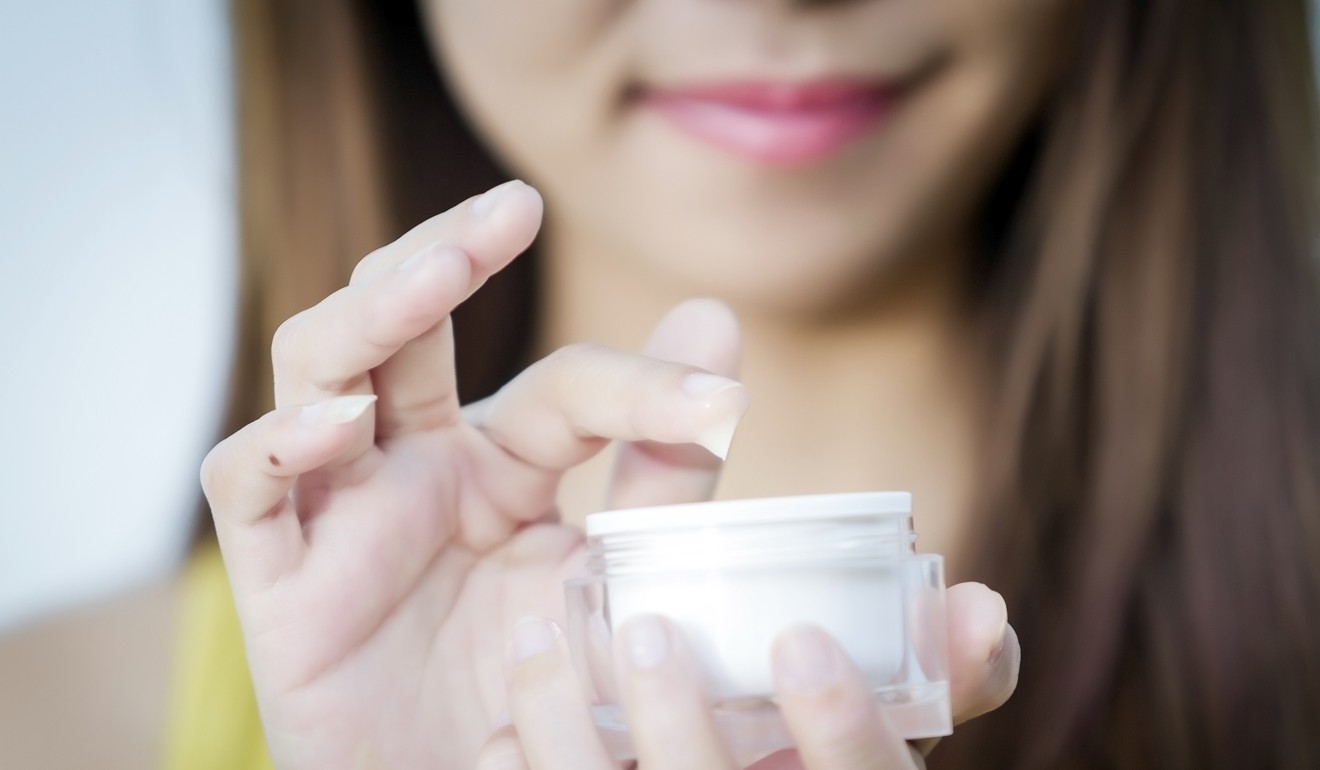
Can ingredients in skincare products enter the bloodstream, and should we be concerned?
A Hong Kong dermatologist says certain ingredients can penetrate the dermis and get into your blood, although the quantities involved would be very small
Can some ingredients in skincare products find their way into your bloodstream?
The short answer: Yes
Many of us apply creams, serums, toners, and other products to our skin without giving much thought to what they contain and whether some of those ingredients can enter our bloodstream. But if you’re looking to minimise the amount of toxins and chemicals in your life, you may want to read the ingredient label on these products. Some contain harmful chemicals that could enter your bloodstream.
To understand how substances in skincare products make their way into our system, it’s necessary to know the skin’s structure. According to Dr Chan Yung, a dermatologist at Apex Dermatology Institute in Tsim Sha Tsui, the skin is composed of several layers – the epidermis, the dermis (where the blood vessels, hair follicles and sweat glands are) and a deeper level called the hypodermis.



“Since some chemicals can enter your bloodstream through topical application, it’s best to avoid products that contain harmful ingredients such as parabens, sodium lauryl sulphate, a preservative called methylisothiazolinone and heavy metals,” says Dr Chan. “My advice is to read the label when buying skincare products – even organic or ‘chemical-free’ ones. Such descriptions may sound appealing, but some of these products may contain harmful preservatives.”

